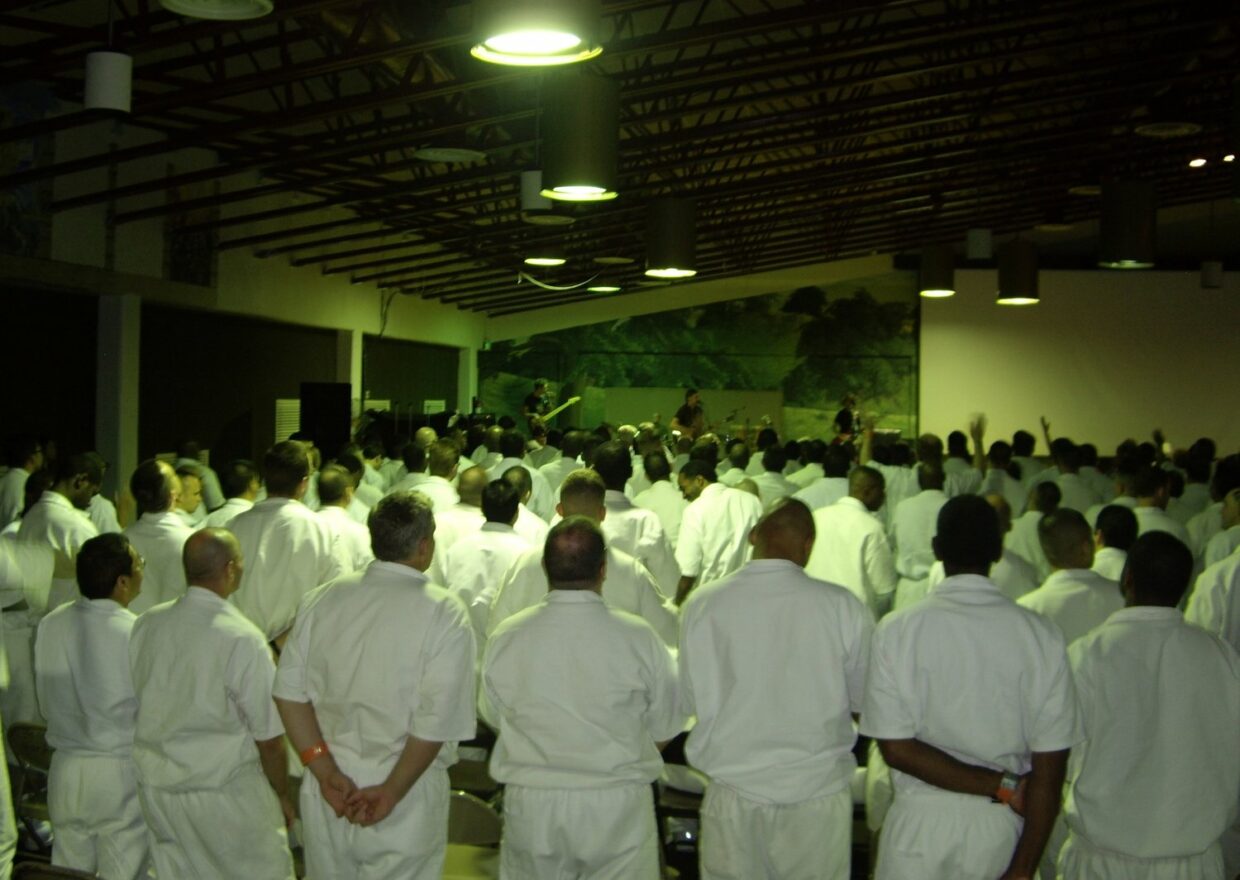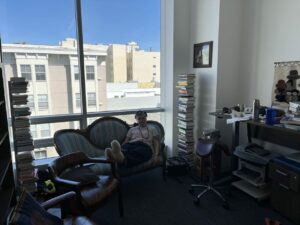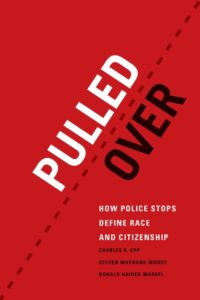
Today brings a special offering from the Tenth Circuit: Janny v. Gamez exposes (and finds unconstitutional) some religious coercion in reentry programming. The facts:
Mark Janny was released from jail on parole in early 2015. His parole officer, John Gamez, directed Mr. Janny to establish his residence of record at the Rescue Mission in Fort Collins, Colorado, and to abide by its “house rules.” After arriving at the Mission, Mr. Janny learned he had been enrolled in “Steps to Success,” a Christian transitional program involving mandatory prayer, bible study, and church attendance. When Mr. Janny objected, citing his atheist beliefs, he alleges both Officer Gamez and Jim Carmack, the Mission’s director, repeatedly told him he could choose between participating in the Christian programming or returning to jail. Less than a week later, Mr. Carmack expelled Mr. Janny from the Mission for skipping worship services, leading to Mr. Janny’s arrest on a parole violation and the revocation of his parole.
That this offends the First Amendment should be obvious–but apparently wasn’t to the parole officer. And I think it would be a mistake to view this through a narrow prism of preferential treatment for evangelical Christianity. I say this because, in Yesterday’s Monsters, I devoted a considerable amount of the narrative to the way the parole commissioners treated Susan Atkins, Bruce Davis, and Tex Watson, all of whom are born-again Christians. I wrote:
A charismatic, proselytizing religion, characterized by the consistent responsibility to offer ministry to others and draw them closer to a personal relationship with their Savior. Offering testimony in this religious context is surprisingly similar to expressing and performing “insight” before the Board. The act of Christian testimony often includes references to previous life, and maximizing one’s bad acts prior to conversion plays an important rhetorical role in highlighting the magnitude of the transformative experience. It can be analogous to the “I once was blind, but now I see” narrative of insight, with the important distinction that the insight is specifically religious. But for the Board, accepting a religious conversion wholesale is a dangerous proposition. The hearing transcripts of Davis, Watson, and Atkins demonstrate various ways in which the Board is uncomfortable with the role of religion in the inmates’ lives: it is out of the Board’s scripted plan for the inmate; it is insincere; or, it is too sincere for the prison environment.
As I show in the narrative, the Board flunks Susan Atkins for ministering to her fellow inmates (literally a captive audience–but offering testimony is part of the mandates of evangelical Christianity); Bruce Davis for preferring the programs he runs in the prison to the official psychological counseling and for having “replaced Manson with Jesus”; and Tex Watson for bonding with a relative of his victims over their shared faith. So I don’t think what’s going on here is some sort of bias in favor of Christians.
Instead, it makes more sense to see this through the prism of the postrecession absence of proper rehabilitation and reentry programming. Into the void caused by states’ ineptitude and austerity stepped organizations that retained their funding base, and it’s not particularly surprising that, in this deeply religious country, many prison ministries are religious.
Back in the 1990s, I remember talking to a prison reentry pioneer in Israel who explained that he’d partner with anyone who offered a positive path of redemption: a secular kibbutz, an ultra-Orthodox yeshiva, a general contractor offering construction jobs, whoever had something to bring to the table. And I think it’s a great approach–provided that people like Mark Janny, who want their reentry without a side helping of accepting Jesus as their personal savior, have a choice.




No comment yet, add your voice below!